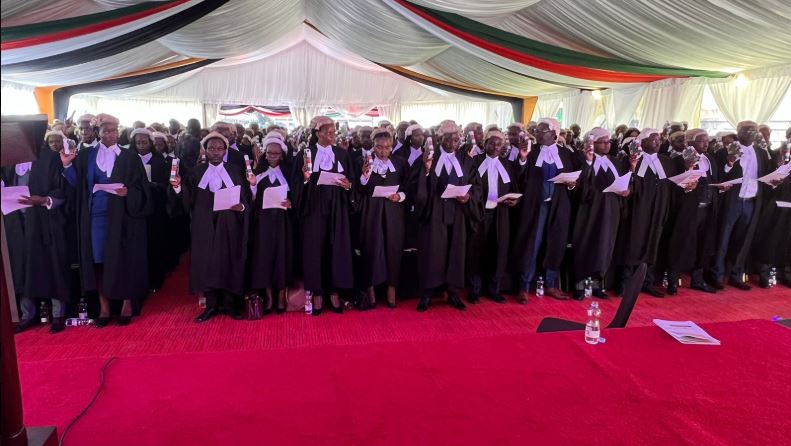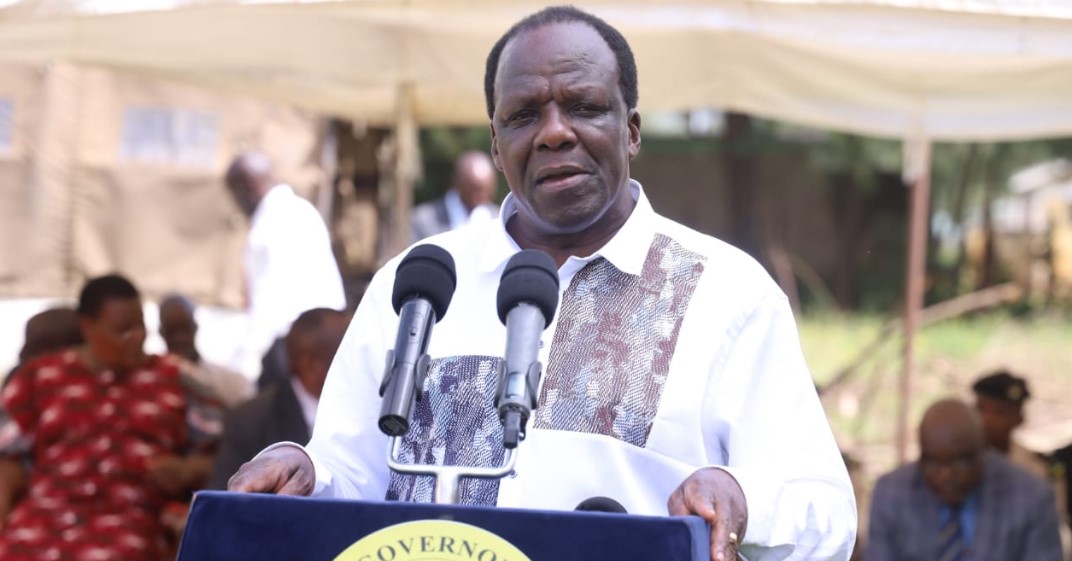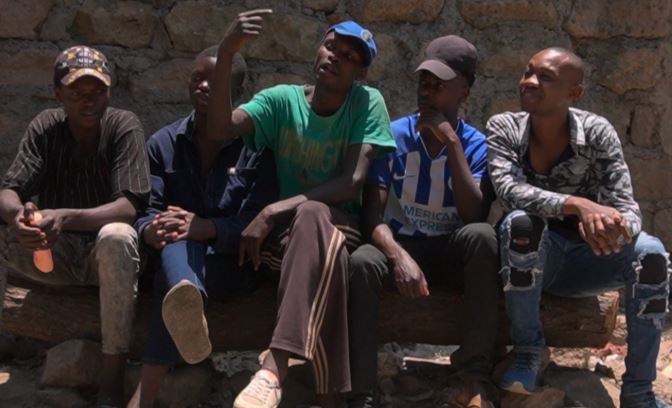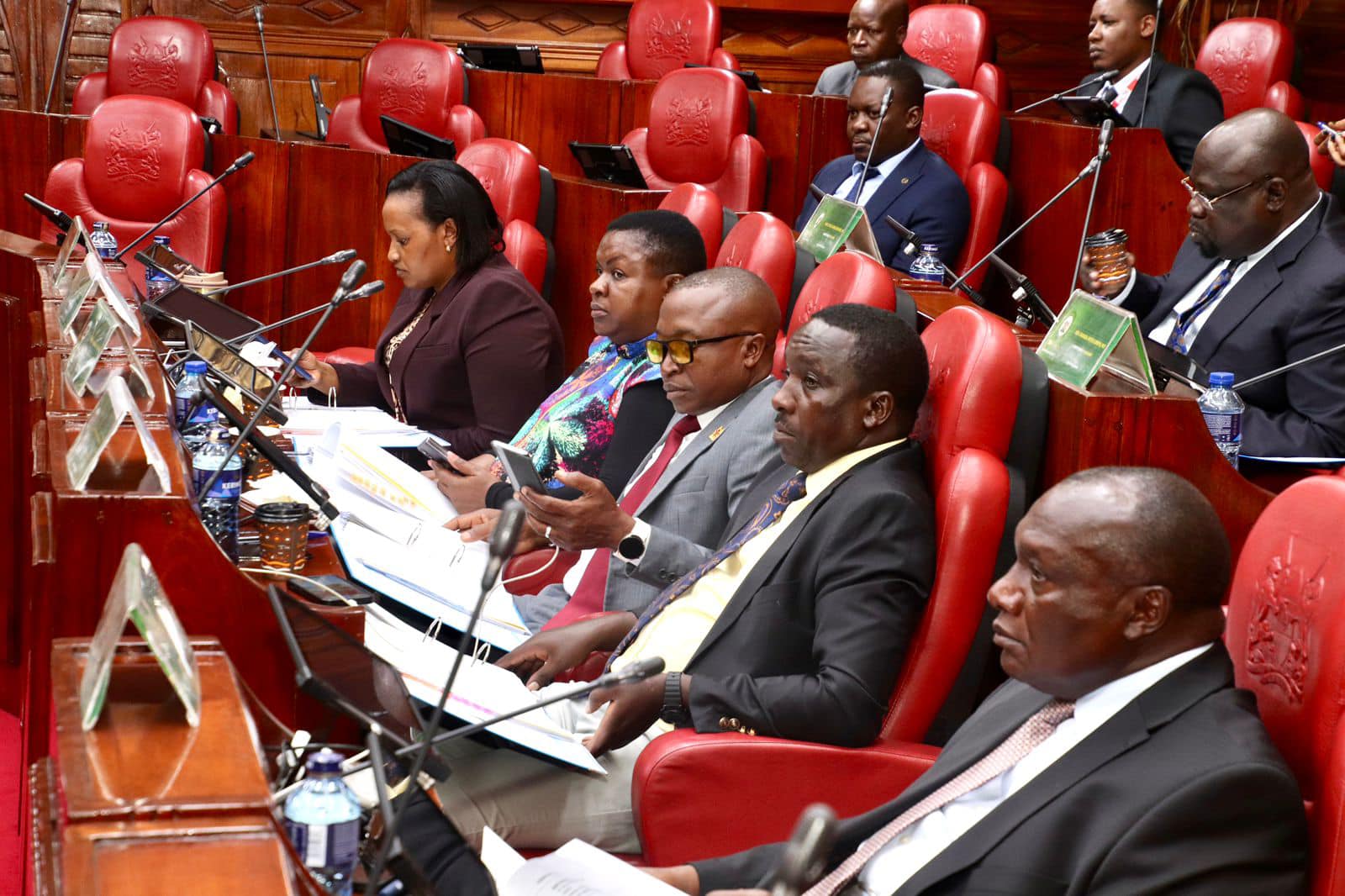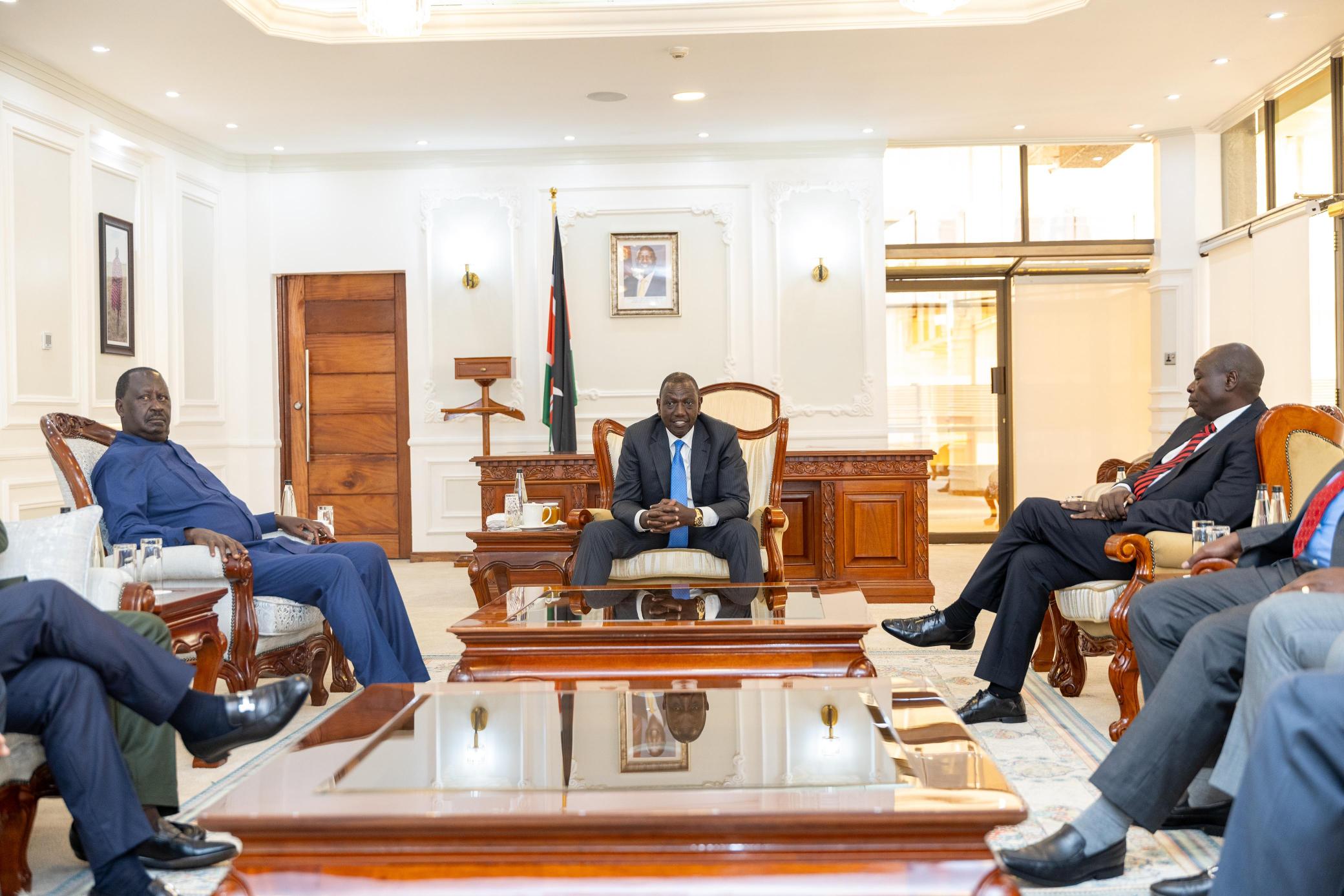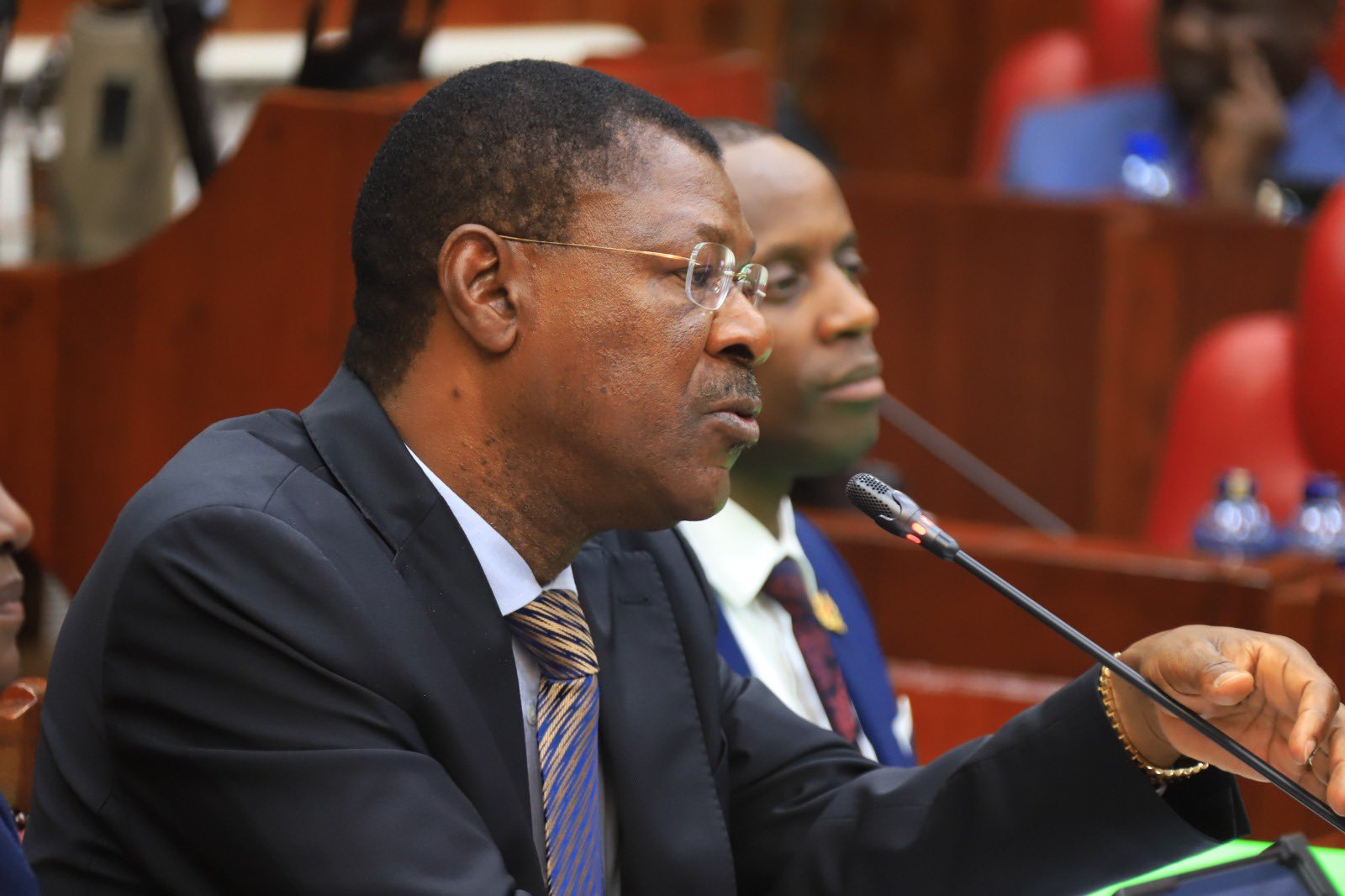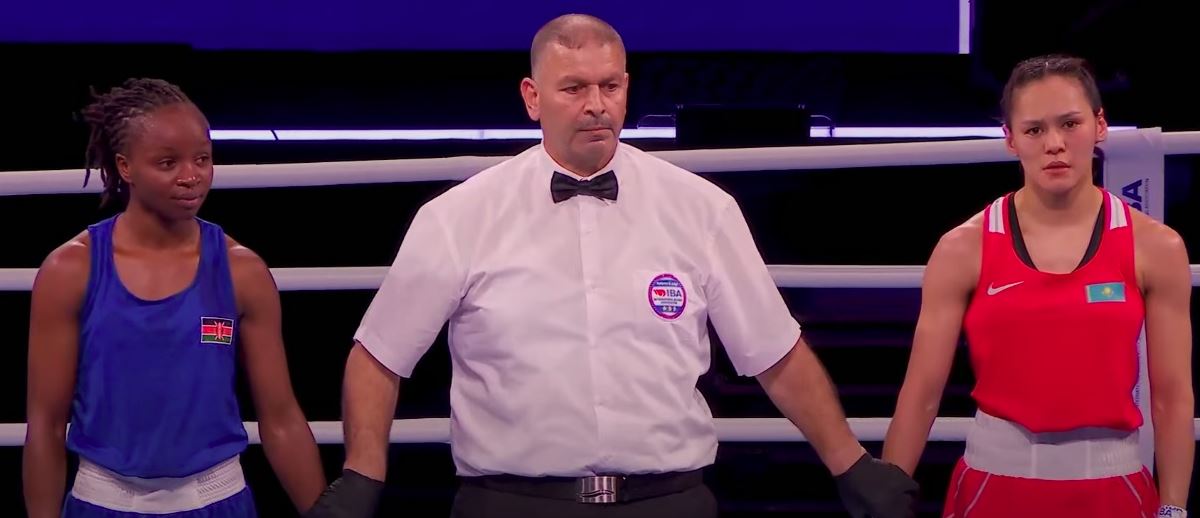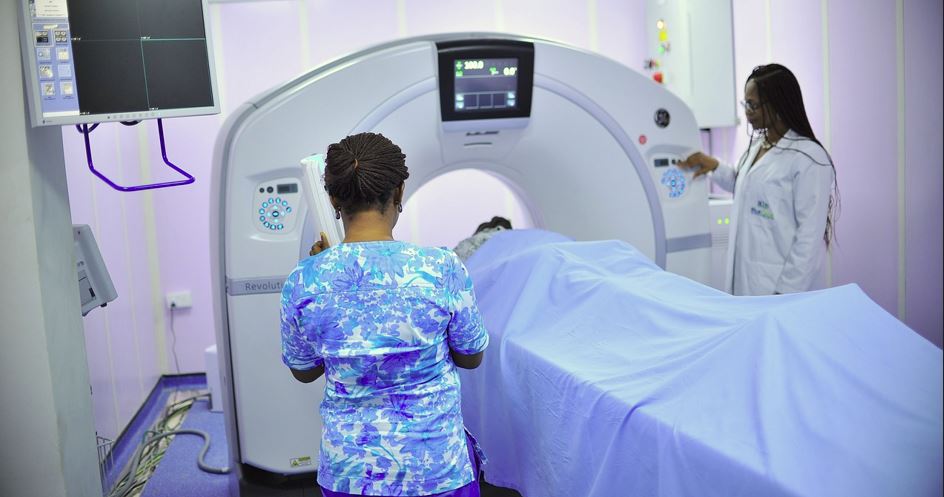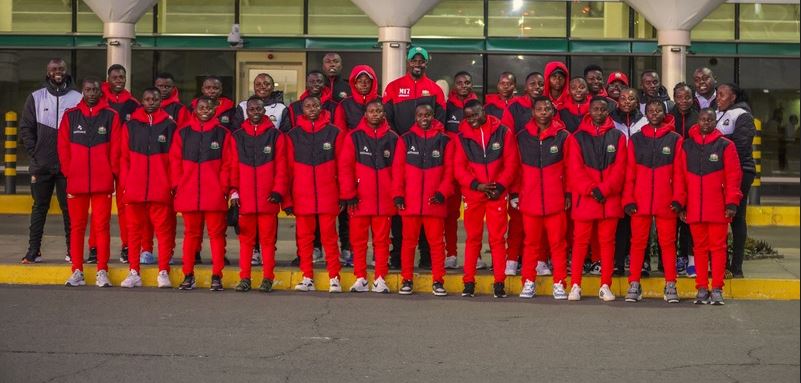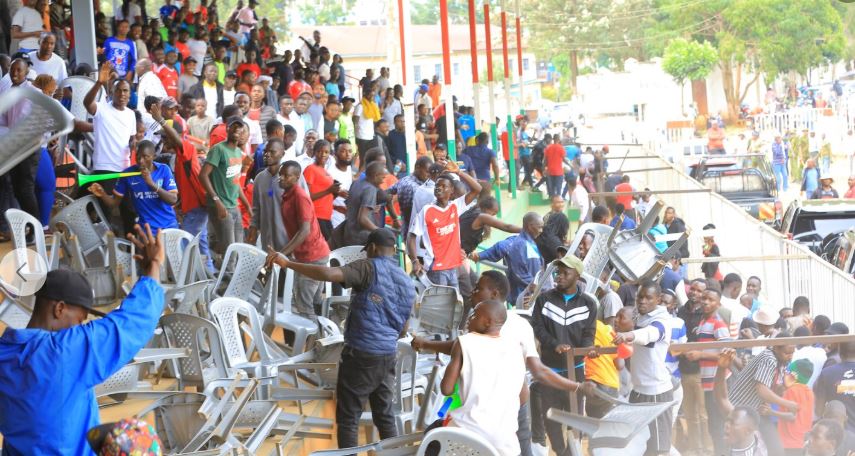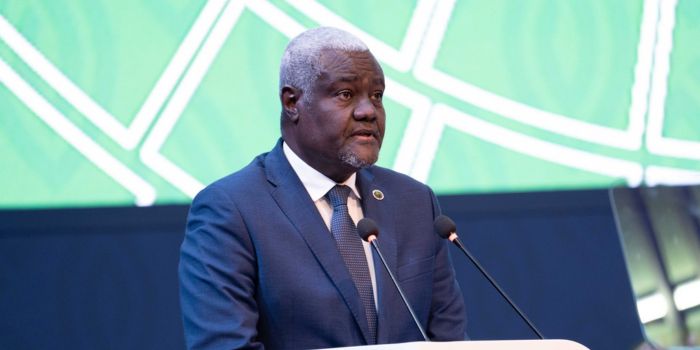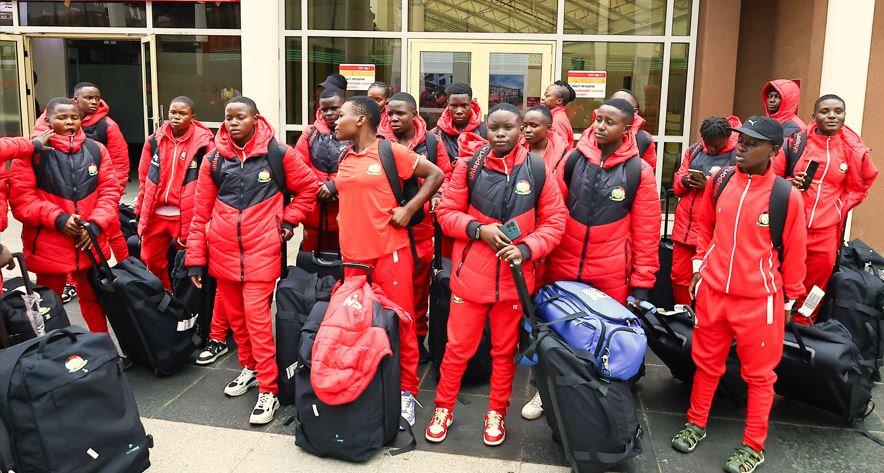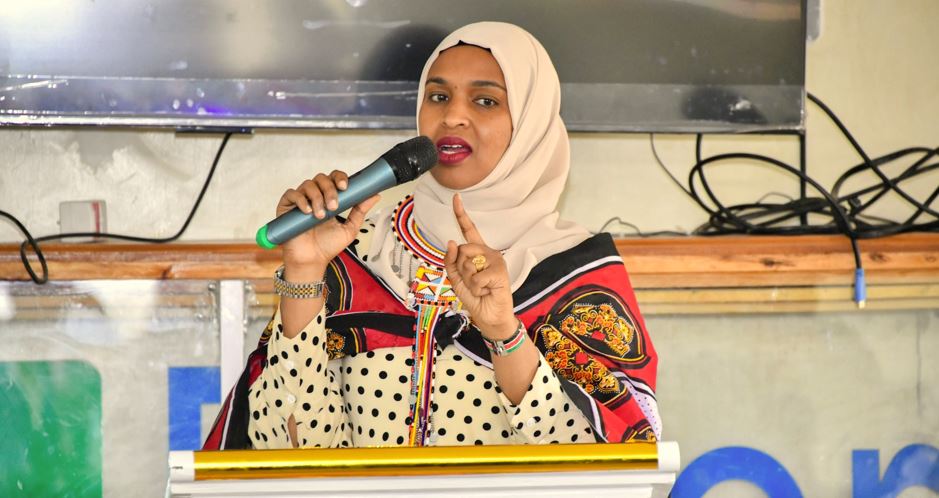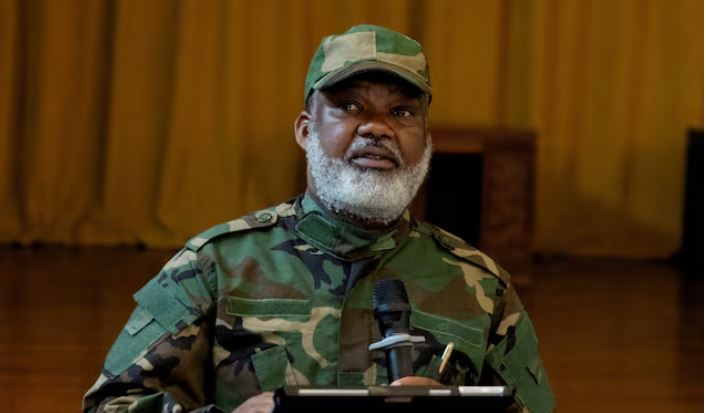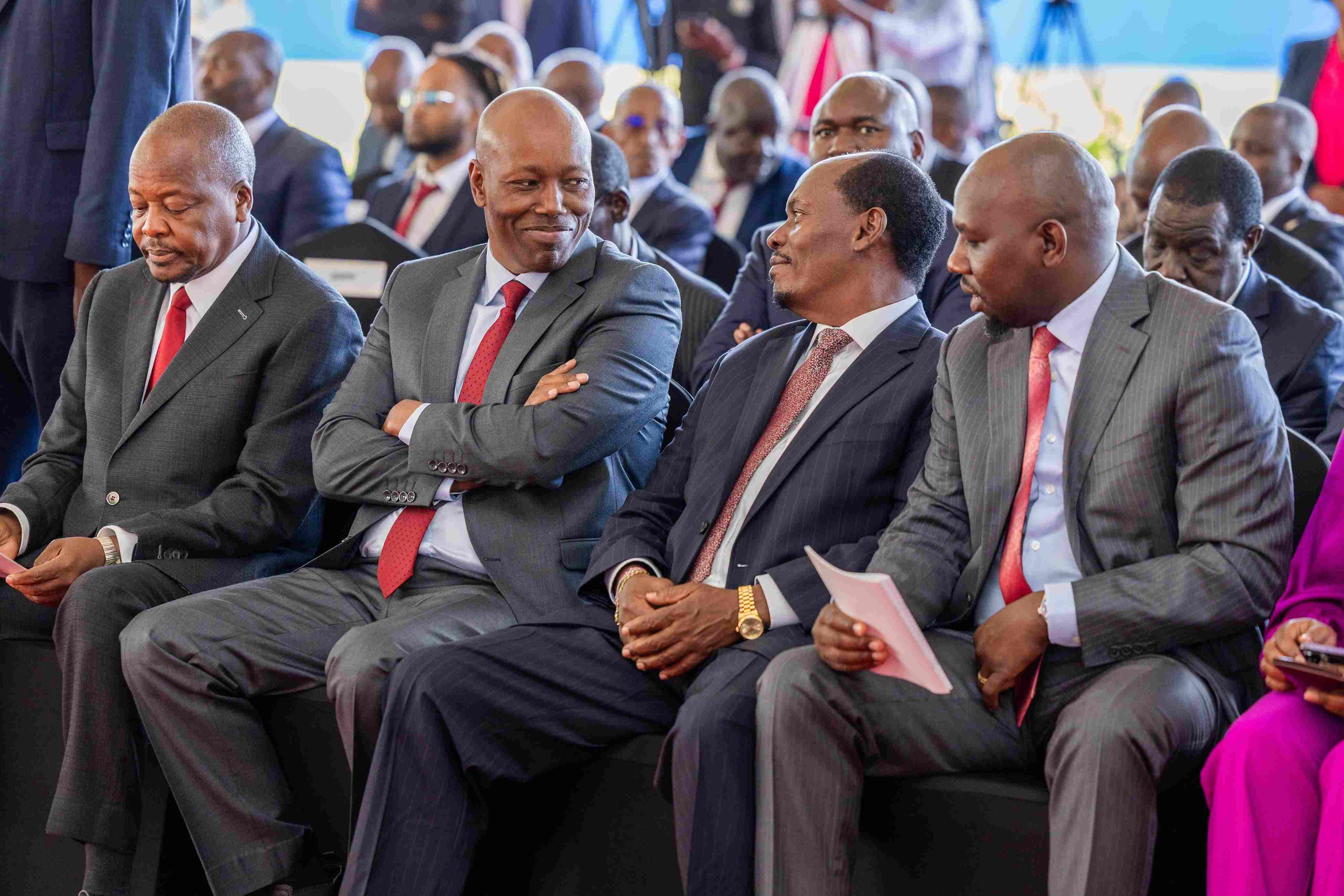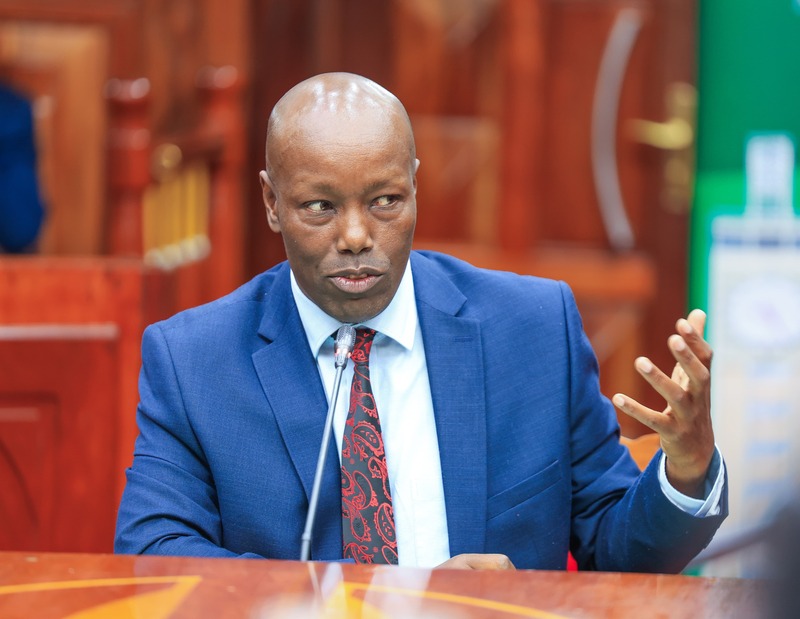South Sudan President dismisses foreign minister, appoints him Great Lakes Region envoy
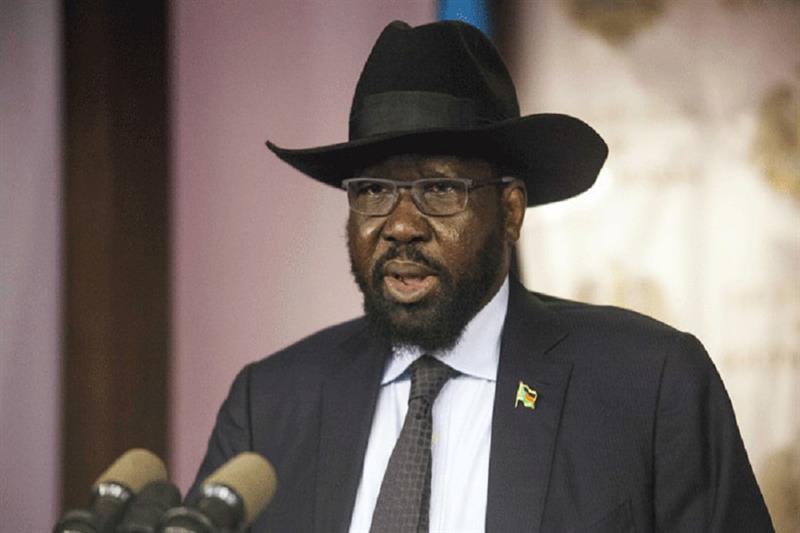
The changes come at a time when there is an ongoing transitional period in South Sudan, which was extended by the parties to the peace agreement in August 2022.
South Sudanese President Salva Kiir announced significant changes in the country's foreign ministry leadership, dismissing Foreign Minister James Pitia Morgan on Thursday night and appointing him as his envoy to the Great Lakes Region.
The presidential decree, broadcast on state-owned television, South Sudan Broadcasting Corporation (SSBC), also named Ramadan Abdala Goc as the new Minister of Foreign Affairs and International Cooperation, replacing Morgan.
More To Read
- General among dozens killed in attack on UN helicopter evacuation in South Sudan
- South Sudan security forces release Peacebuilding minister, vice presidency says
- South Sudan's President Salva Kiir fires ambassador to Kenya amid rising political turmoil
- Kenya halts mediation in South Sudan crisis at Juba’s request
Before his tenure as foreign minister, Morgan had served as South Sudanese Ambassador to Ethiopia and Permanent Representative to the African Union.
On Monday, Semaya Kumba, former South Sudan Ambassador to China, was appointed as the new deputy foreign minister, while John Samuel Bwogo was appointed as the undersecretary in the Ministry of Foreign Affairs, taking over from Mayen Dut Anyakdit, who has been reassigned as South Sudan's ambassador to China.
Bwogo, according to South Sudanese Radio Tamazuj, previously serving as South Sudan's envoy to Saudi Arabia, assumes his new role without any reasons provided for the changes.
This is a common strategy used by the South Sudanese leader to dismiss and hire at night without providing reasons.
In March last year, President Kiir sacked Morgan’s predecessor, Mayiik Ayii Deng, as foreign minister without giving the reason for the firing.
The changes come at a time when there is an ongoing transitional period in South Sudan, which was extended by the parties to the peace agreement in August 2022.
The transitional period, initially set to expire in February 2025, is part of the peace agreement signed in 2018 between President Kiir, SPLM-IO leader Riek Machar, and other opposition figures, marking the end of a five-year civil war.
General elections are expected to be held in December 2024 as part of the peace agreement's provisions.
With just nine months until the general election in South Sudan, a cloud of uncertainty looms over the political landscape as parties fail to reach a consensus, while crucial tasks as identified by the Gituai-led commission remain unresolved.
This impending election poses a make-or-break moment, with the world watching the East African Community nation, aware that the outcome of the polls will shape South Sudan's future trajectory.
Top Stories Today
